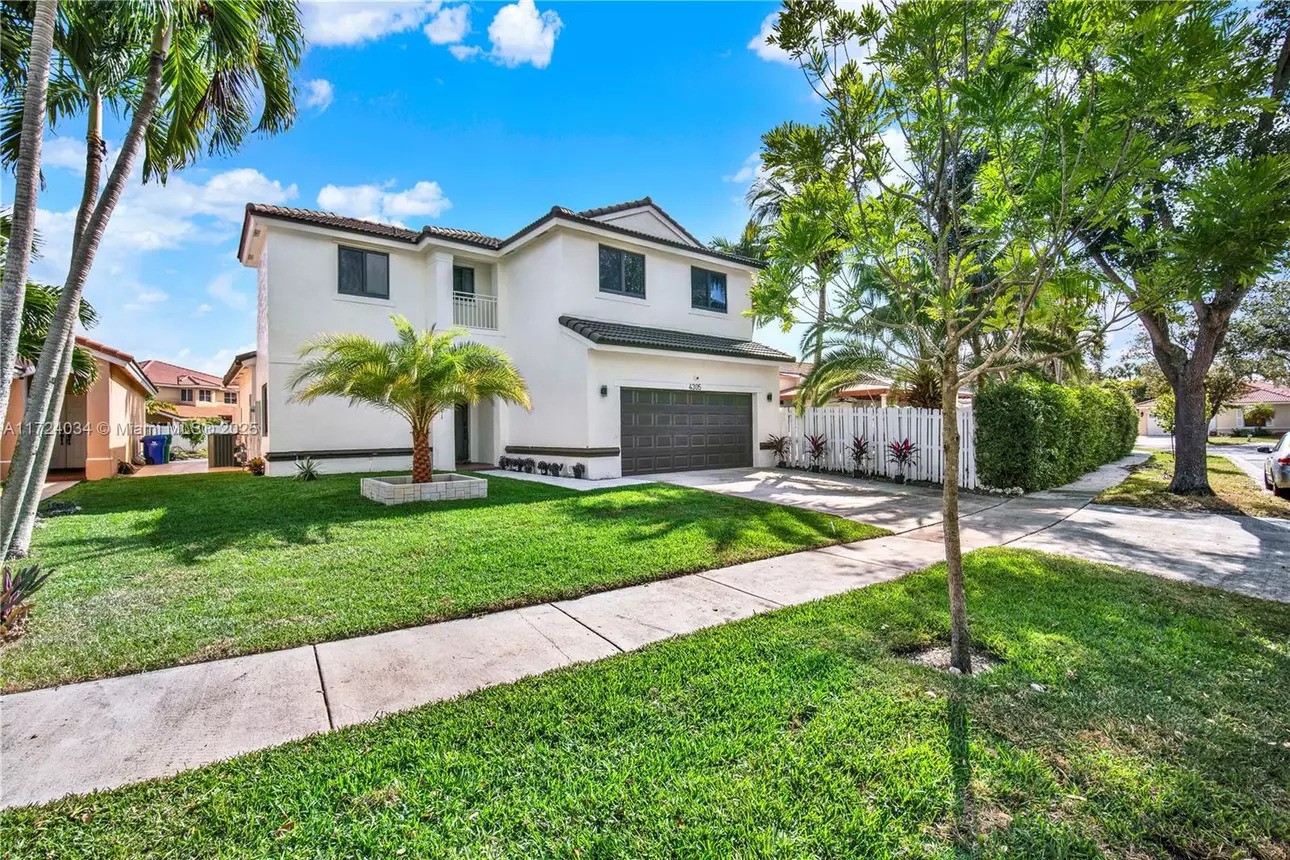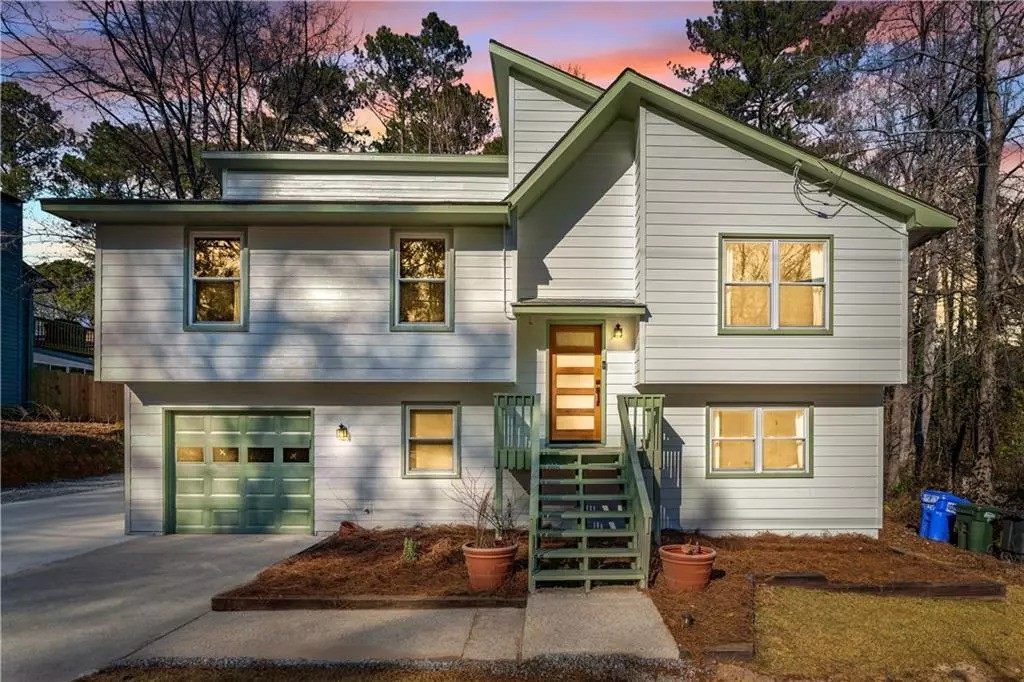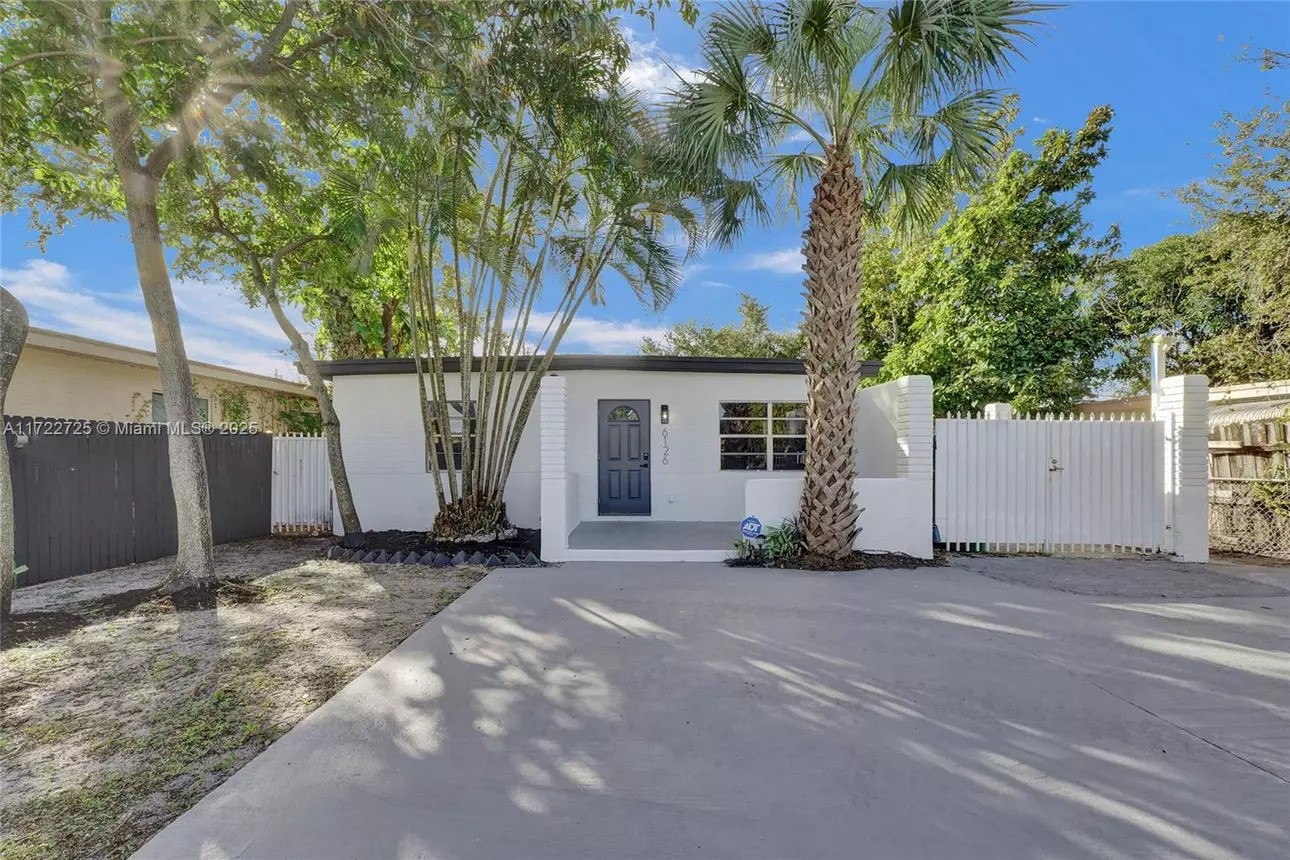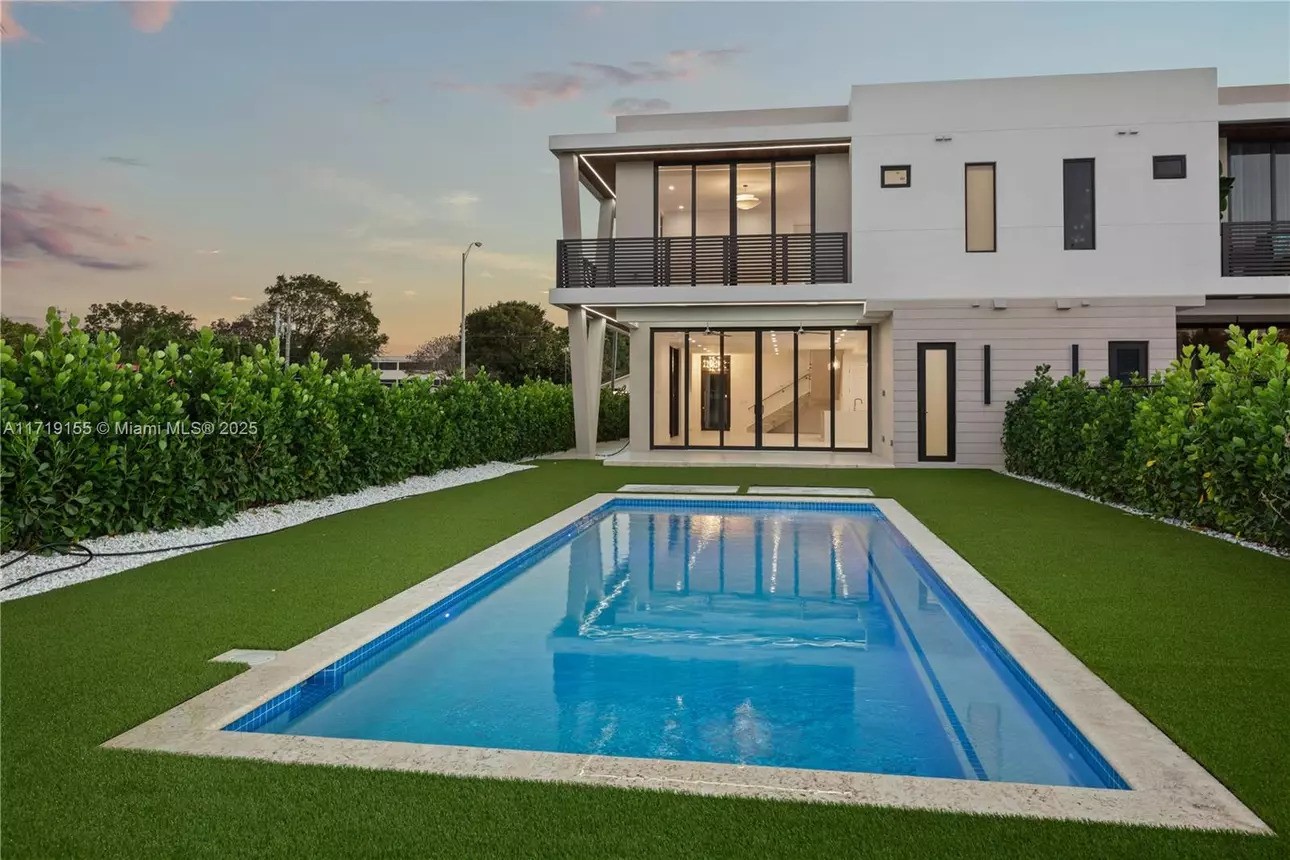Pending Home Sales Drop by 7% in November at Atlanta Real Estate

In November 2024, pending home sales in the Atlanta real estate market dropped by 7%, signaling a market slowdown driven by multiple economic and housing market factors. This decrease highlights the ongoing challenges homebuyers and sellers face due to high mortgage rates, tightening inventory, and shifting market conditions. The following analysis provides a detailed view of what’s driving this trend, along with an exploration of potential future outcomes for Atlanta real estate.
Key Takeaways
- Atlanta pending home sales fell 7% in November, signaling a market slowdown.
- Rates above 7% have increased the cost of homeownership, reducing buyer demand.
- Home prices average $540,000, up 10% from 2023, making it harder for buyers.
- Supply is 20% below pre-pandemic levels, keeping prices elevated.
- Homes are taking longer to sell, especially in the luxury segment.
- Buyers are seeking smaller or more affordable homes in less competitive areas.
- Market trends depend on mortgage rate changes, with potential for more cooling.
The State of the Market: Key Indicators and Trends
As of September 2024, the Atlanta real estate market remains highly competitive, but cooling trends are becoming increasingly evident. After a year of strong growth and elevated demand, the drop in pending sales reflects a growing sense of uncertainty among buyers. In fact, the housing market as a whole is grappling with the effects of stubbornly high mortgage rates, which have hovered around or above 7% for much of the year.
The 7% drop in November follows what had been an otherwise robust summer season. Pending sales typically rise in the warmer months, but 2024 has been an exception. The combination of elevated prices and increasing borrowing costs has made it harder for many potential buyers to enter the market. Home prices in Atlanta remain high, with the average sale price sitting at $540,000 as of July 2024, a nearly 10% year-over-year increase This puts considerable pressure on both first-time homebuyers and those looking to upgrade to larger or more expensive properties.
Mortgage Rates and Affordability: The Key Drivers
One of the central reasons behind the decline in pending sales is the continuing rise in mortgage interest rates. After a period of historically low rates, the Federal Reserve’s ongoing efforts to curb inflation have led to higher borrowing costs across the board. Mortgage rates in 2024 have frequently exceeded 7%, significantly raising the monthly cost of homeownership. For context, a buyer purchasing a $500,000 home with a 7% Atlanta mortgage rates faces monthly payments that are 40% higher than if rates were at 3.5%, which was common as recently as 2021. This shift has had a profound impact on buyer behavior. Many would-be buyers are being priced out of the market entirely, while others are opting to wait for more favorable conditions. This drop in demand is directly reflected in the reduced number of pending sales. The November drop mirrors a national trend, with pending home sales down 5% nationwide compared to July 2024. However, Atlanta’s sharper decline of 7% indicates the particular challenges of this regional market, which has experienced both rapid price increases and limited housing supply in recent years.
Supply Constraints and Their Impact on Pricing
Another major factor contributing to the drop in pending sales is the ongoing supply shortage in the Atlanta housing market. Inventory remains tight, with the number of homes for sale still well below pre-pandemic levels. Although the total inventory for the area increased by 5% from June to July 2024, it remains nearly 20% below what is considered a balanced market.
This persistent shortage of available homes has kept upward pressure on prices, making affordability a central concern for buyers. As of September 2024, many homes in Atlanta are still selling above list price, particularly in sought-after neighborhoods. For example, several properties sold in early September for significantly more than their asking price, such as a home on Rockingham Dr NW that sold for 12% over its list price.
These price increases have made it difficult for buyers, especially those relying on financing, to compete. As a result, many prospective buyers have delayed entering the market, hoping for either a reduction in prices or a decrease in mortgage rates. Unfortunately, neither of these factors seems likely to improve in the immediate future, leading to continued market stagnation.
Rising Days on Market: A Sign of Cooling Demand
The slowdown in pending sales has been accompanied by a noticeable increase in the amount of time homes are spending on the market. In November 2024, the median number of days a home was listed before going under contract increased significantly compared to earlier in the year. This is another sign that buyer demand is cooling, as prospective buyers take more time to consider their options or choose to hold off altogether.
In previous months, homes for sale in atlanta were being snapped up quickly, often after only a few days on the market. However, the recent rise in days on market suggests that sellers may need to adjust their pricing expectations as demand wanes. This trend is most apparent in the luxury home segment, where discretionary buyers have more flexibility to wait for more favorable conditions.
Shifting Buyer Preferences: Affordability Takes Center Stage
The high prices and mortgage rates have also prompted a shift in buyer preferences. In 2024, more buyers are gravitating toward smaller, more affordable homes or those in less competitive neighborhoods. This shift is a direct response to the affordability crisis, as buyers look for ways to stretch their budgets and avoid bidding wars.
While some sellers have begun to lower their asking prices, many homes are still being listed at premium prices, particularly in high-demand areas like Midtown, Buckhead, and East Atlanta. As a result, many buyers are opting for homes in suburban or less central areas, where competition is less fierce and prices are somewhat lower.
The Future Outlook: What’s Next for Atlanta Real Estate?
The question on many buyers’ and sellers’ minds is whether the market will continue to cool in the coming months. The answer largely depends on the trajectory of mortgage rates and broader economic conditions. If rates remain at their current levels or increase further, it’s likely that the decline in pending sales will persist into the fall and winter of 2024.
However, if inflation begins to ease and the Federal Reserve halts or reverses its rate hikes, we could see a resurgence in buyer activity. Many potential buyers are currently sitting on the sidelines, waiting for rates to come down. If and when that happens, we could see a wave of new buyers entering the market, leading to increased competition and potentially driving prices even higher.
For now, market analysts are predicting continued volatility in the near term. While home prices in Atlanta are unlikely to drop significantly due to ongoing supply constraints, the rate of price growth is expected to slow as demand cools. This could create opportunities for buyers who are able to navigate the current market conditions and secure financing at a reasonable rate.
Conclusion
Pending home sales in Atlanta dropped by 7% in November 2024, reflecting broader market challenges driven by high mortgage rates and rising home prices. Buyers need patience and flexibility, especially in less competitive areas, while sellers should price strategically amid longer listing times. The market's future depends on Federal Reserve actions on inflation, which could influence mortgage rates and spur renewed activity later in 2024.
Categories
Recent Posts










